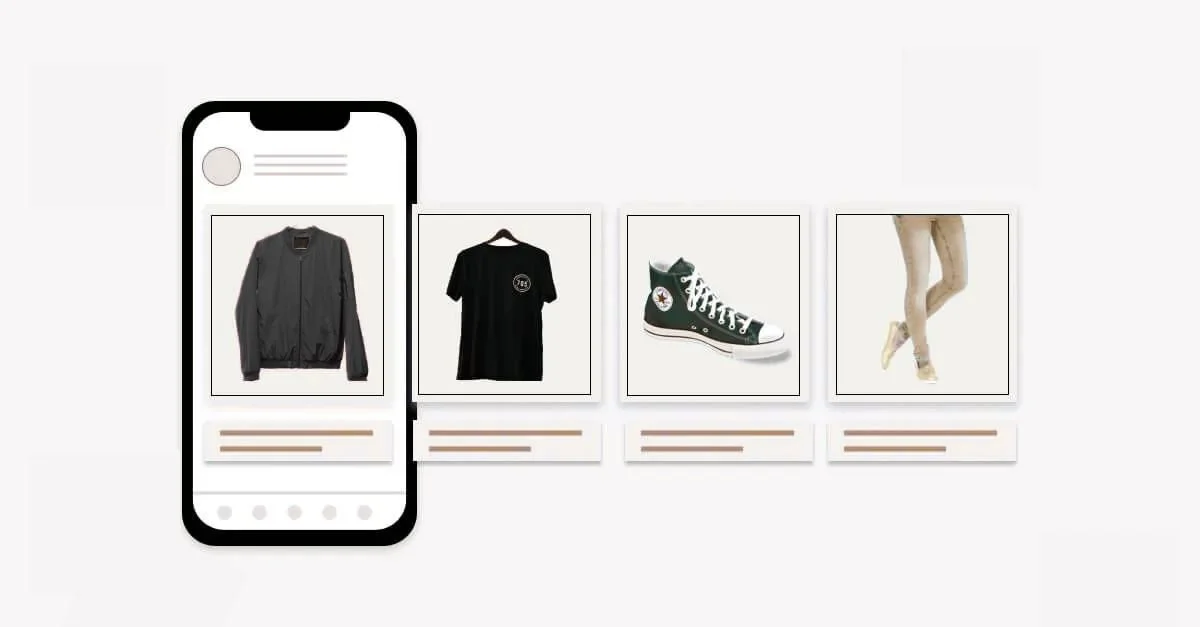Facebook Dynamic Ads Explained: A Complete Guide for 2026
What Are Facebook Dynamic Ads?
In 2026, Facebook Dynamic Ads remain one of the most powerful tools for e-commerce and service businesses looking to scale efficiently. Unlike standard ads, which require manually creating multiple variations for different products or audiences, Dynamic Ads automatically show the right product to the right person based on their behavior. This includes:
Products viewed on your website
Items added to a shopping cart
Past purchase history
The result? Highly relevant ads that convert better and reduce wasted ad spend.
How Facebook Dynamic Ads Work
Dynamic Ads rely on three core components:
Product Catalog
Your product catalog is a list of items you want to advertise, including images, prices, descriptions, and availability. For services, this can include packages, appointments, or memberships.Facebook Pixel or Conversions API
The Pixel tracks user actions on your website. The Conversions API ensures accurate tracking, even with ad blockers or browser restrictions. This is critical for retargeting and optimizing campaigns.Audience Segments
Dynamic Ads are most often used with retargeting audiences, including:Website visitors who viewed products but didn’t purchase
People who added items to cart but abandoned checkout
Past customers for upsells or cross-sells
Step-by-Step: Setting Up Facebook Dynamic Ads
Step 1: Create Your Product Catalog
Go to Facebook Business Manager → Catalogs → Create Catalog
Add your products manually, via data feed, or connect your e-commerce platform (Shopify, WooCommerce, BigCommerce, etc.)
Include product name, description, image, URL, price, and availability
Step 2: Install the Meta Pixel / Conversions API
Ensure your Pixel is installed on your website
Track key events like ViewContent, AddToCart, Purchase, and Lead
For additional accuracy, set up the Conversions API to capture server-side events
Step 3: Create a Dynamic Ad Campaign
Go to Ads Manager → Create Campaign → Select Sales or Conversions Objective
Choose Dynamic Ads as your ad type
Connect your product catalog and Pixel
Step 4: Define Your Audience
Use retargeting audiences based on behavior
Consider past purchase audiences for upsells
Set the ad to optimize for conversions rather than clicks for better ROI
Step 5: Design Your Dynamic Template
Use dynamic placeholders for product name, price, image, and description
Include a strong call-to-action like “Shop Now,” “Book Appointment,” or “Claim Your Offer”
Step 6: Launch & Optimize
Test multiple creatives dynamically through Facebook’s A/B testing tools
Monitor CTR, ROAS, and cost per conversion
Use frequency caps to prevent ad fatigue
Why Dynamic Ads Work Better Than Static Ads
Highly Relevant to Each User – Users see products they’ve already engaged with.
Saves Time – No need to manually create dozens of ad variations.
Optimized for Conversions – Conversion-focused campaigns ensure Meta finds users most likely to act.
Scalable – Works for 10 products or 1,000.
Real-World Examples
E-Commerce Skincare Brand
Retargeted users who viewed sunscreen but didn’t buy
Dynamic Ads automatically showed the specific sunscreen they clicked on
CTR increased 45%, ROAS increased 2.8x
Local Furniture Store
Dynamic Ads retargeted people who added couches to cart
Template included free delivery CTA
Purchase rate improved 30% over static product ads
Fitness Studio
Retargeted people who viewed class packages online
Dynamic Ads highlighted the exact class bundle they viewed
Resulted in a 25% increase in class bookings
Pro Tips for Maximizing Dynamic Ads
Combine with broad targeting: Let Meta optimize who sees your dynamic products.
Use high-quality images: Poor visuals reduce click-through and conversions.
Set up catalog segmentation: For large catalogs, group products by category to personalize messaging.
Integrate with CRM: Track leads and purchases automatically for better attribution.
Avoid oversaturating: Use frequency caps and sequential messaging for warm audiences.
Dynamic Ads Are Essential for 2026
If your business sells multiple products or services, Facebook Dynamic Ads are no longer optional. They save time, increase relevance, and deliver better ROI. By setting up your product catalog, connecting your Pixel, and running conversion-optimized campaigns, you can scale efficiently while delivering highly personalized ads to your audience. We help businesses set up Facebook Dynamic Ads and retargeting campaigns for 30 days for free, including Pixel/Conversions API setup, product catalog management, and CRM integration.
👉 Book Your Free Dynamic Ads Setup Today
Additional Resources:


